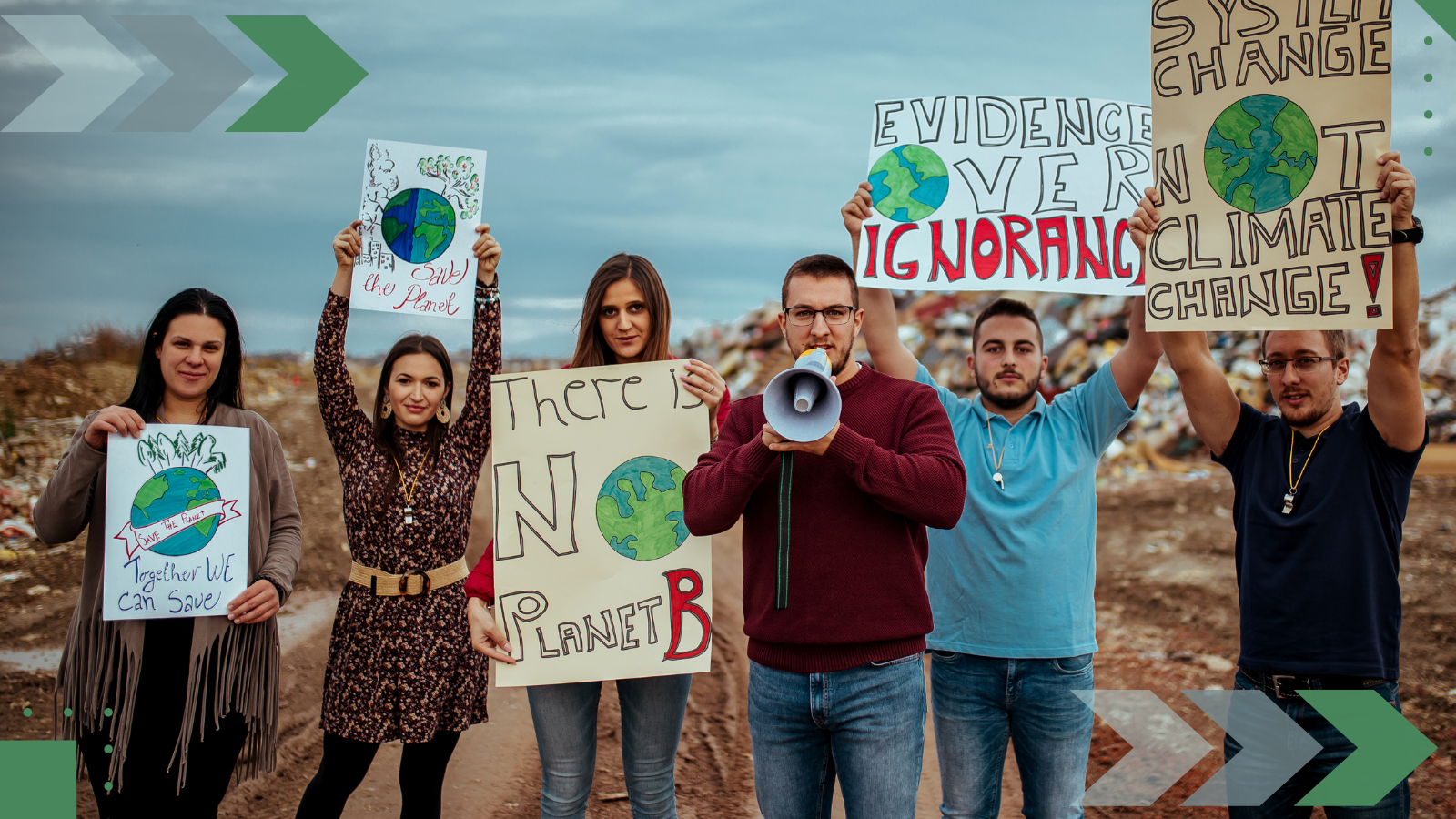
Written by: Josh Ettinger
The Intergovernmental Panel on Climate Change’s latest report is a sobering read, which some describe as a “final warning” from scientists. The core message remains the same as prior IPCC reports: human-driven climate change is happening, it’s bad, but we can act – though we now have even less time.
On the positive side, there are growing indications that humanity will avert worst-case global warming scenarios – we already have the knowledge and tools needed, and progress is being made (but not quickly enough).
It’s important that people who already know about climate change and treat it seriously take proactive steps to speak with others about IPCC reports and climate change more generally.
As a researcher examining how to promote successful climate discussions among diverse groups of people, I have become convinced that one of the most effective ways of doing this is simply by talking to our family, friends, coworkers and communities about climate change. This not only helps mobilise climate action, it also creates spaces for us to process and reflect upon climate change, which can at times feel very overwhelming.
Despite the scale of the problem, we do not often speak about it. There are a variety of reasons for this, including a false perception that others do not care about climate change as much as we do, that it will spark contentious political debates, and a lack of confidence in our own knowledge about the topic. Raising such a depressing topic can generally feel awkward. Speaking up about climate change therefore takes courage.
So, rather than hoping that others will read about the new IPCC report in the news, here’s an alternative idea. Send someone you know a link to a news article about it, or even the report itself, then have a discussion about it. (You could also share this discussion at www.talkclimatechange.org – a website colleagues and I created to track climate conversations happening around the world.)
Ideally, try to engage someone who doesn’t normally talk about climate change. Here are a few conversation tips to consider if you decide to raise the topic:
1. Listen more than you speak
Remember, it’s a two-way conversation, not a lecture. Focus on asking questions – what do they think about climate change? How do the conclusions of the new IPCC report make them feel? What do they think we should do about it? Really try to listen to what they have to say rather than interjecting your own views, though of course you can and should share your perspective as well.
2. Affirm emotional responses
Climate change can spark diverse emotional responses in different people. Some might feel angry, fearful and worried, while others might feel hopeful and optimistic. If your conversation partner expresses emotional sentiments, it’s not your job to judge these feelings. Simply affirm that it is a complex topic and that it’s OK to feel the way they do.
At the same time, don’t be afraid to push back against claims that the world is absolutely doomed. You might say something like: “I understand where you’re coming from, but for what it’s worth, thousands of IPCC experts say there is still time to act to avoid the worst consequences of climate change.”
3. Tailor the conversation
Find ways to adjust your conversation based on what people are interested in. Researchers call this “tailoring”. You do not need to do this surreptitiously – simply express that you’d like to explore what climate change means to them. For example, if your friend loves skiing, talk about the potential impacts of climate change on mountain slopes. If they have grandchildren, talk about intergenerational impacts. The key is to find ways to help people connect the dots between what they already care about and acting on climate change.
4. Embrace uncertainties
IPCC reports are very carefully calibrated with levels of scientific certainty. Likewise, you do not need to know all the answers on climate change. In discussions, don’t be afraid to say you don’t know. Sometimes the best answer can be: “That’s a good question. I’m not really sure so we should look it up.”
5. Explore actions together
Before ending your discussion, try to pivot to action. The new IPCC report makes clear that feasible climate solutions already exist for every sector, and that individuals have an important role to play. Explore what steps you might be able to take together, whether through lifestyle choices such as diet or transportation, or through actions aimed at policymakers (such as voting, contacting elected officials or joining a protest).
If your conversation partner is ready to act, make plans. If they are hesitant, suggest that you can follow up at a later point. If they respond negatively to the idea of taking personal climate action, agree to disagree and try to end on a positive note. Even if no direct outcomes arise out of your discussion, remember that simply having a climate conversation is a significant accomplishment.
With scientists across the world warning us about the need for urgent climate action with greater alarm than ever, it is uncertain how long heightened attention to climate change in the wake of the new report will last. However, by speaking with our family, friends and communities about it, we can help maintain the attention this crucial issue deserves, and widen the pool of people engaged in climate action.







